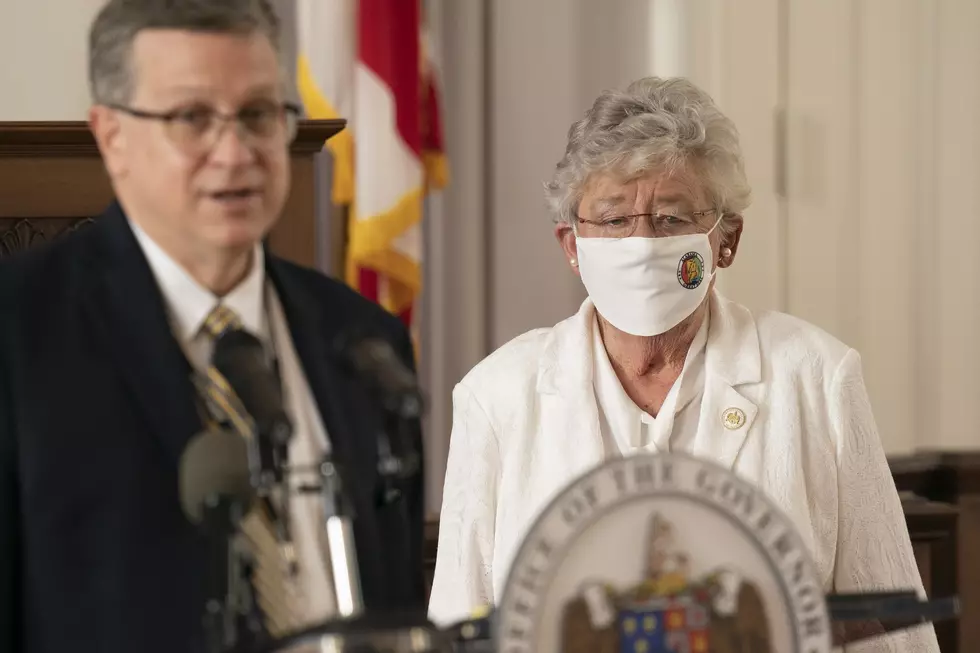
Ivey Extends Mask Ordinance for 5 Weeks
In an address updating the state's COVID-19 numbers, Gov. Kay Ivey announced an extension of the statewide mask mandate another five weeks, until Sunday, Nov. 8.
This decision comes just two days before before the current Safer at Home order expires. Ivey cited the recent downtick in positive cases for this.
"The mask order we imposed on July 16 is working, and the results speak for themselves," Ivey said. "There's no telling how many lives in Alabama have been saved because of this mask mandate ... I'm just asking you to continue to be patient a little while longer."

Ivey acknowledged the lack of a significant surge in Alabama cases after Labor Day weekend as a success, and a further sign that the mask mandate continues to prove its effectiveness. Ivey also stated that this next mandate extension was primarily motivated by the quickly-approaching general election on Nov. 3.
"It's important to have a safe environment for poll workers and poll watchers, and those of us who would like to vote in person," Ivey said.
This new health order also sees the clarification of rules for residents and loved ones in longterm care facilities that have arisen due to COVID-19 – each resident in these facilities will be allowed one caregiver unless there are compelling reasons to limit access.
"These health orders have never prevented someone from accompanying a loved one into a hospital if they are a caregiver," Ivey said. "My office has heard too many reports of people that are being left without access to a caregiver."
Ivey has already made it clear that she intends to extend the mandate until there is no need, specifically when a vaccine is made publicly available.
State Health Officer Dr. Scott Harris provided some more insight on that timetable, mentioning a deadline to submit a distribution and transportation plan for this eventual vaccine to HHS by mid-October.
"At first, it will certainly be a limited resource, there will have to be some allocation based on priority," Harris said. "We want to make sure we're protecting those who are highest risk for serious illness or are highest risk for exposure ... So we will put that together and we will do that in a very open and public way."
Harris remained cautious in regard to the upcoming flu season, as it may be hard to predict how the flu virus would react with COVID-19 still around.
For more updates on COVID-19 in Alabama, stay with The Tuscaloosa Thread.
Top Stories from the Tuscaloosa Thread (9/22 - 9/28)
More From Tuscaloosa Thread









